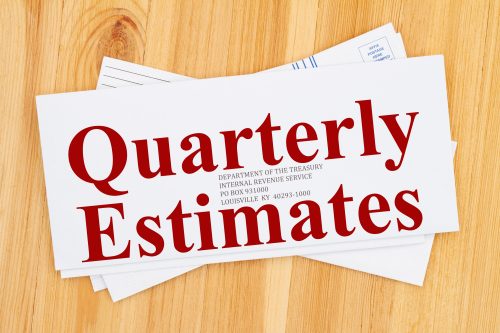On July 4, 2025, President Trump signed into law the One Big Beautiful Bill Act. The Bill is a spending bill that includes changes to the tax code. In this article, we focus on the most common tax provisions. More details will follow in the future as we continue to evaluate the changes and their impact on your taxes.
Here are the highlights of the changes to tax law you should be aware of:
Marginal Income Tax Rates
The bill extends the current marginal tax rates, which were originally scheduled to expire at the end of this year. These rates have been made permanent. It is important to note that permanence does not mean it can never be changed. It does mean that the rates stay as they are and can only be altered by a change in the tax law.
No Tax on Tips
Beginning in 2025, taxpayers can exclude up to $25,000 of qualified tip income. The deduction is an above-the-line deduction that begins to phase out once Modified Adjusted Gross Income (MAGI) exceeds $150,000 ($300,000 for married taxpayers filing jointly). Qualified tip income means “cash tips received by an individual in an occupation that customarily and regularly received tips on or before December 31, 2024.” The exclusion expires for tax years beginning after December 31, 2028.
No Tax on Overtime
Beginning in 2025, taxpayers can exclude $12,500 ($25,000 for married taxpayers filing jointly) of qualified overtime compensation. The deduction is an above-the-line deduction that begins to phase out once MAGI exceeds $150,000 ($300,000 for married taxpayers filing jointly. The definition of qualified overtime compensation means “overtime paid to an individual required under section 7 of the Fair Labor Standards Act of 1938 that is in excess of the regular rate at which such individual is employed.” The exclusion expires for tax years beginning after December 31, 2028.
Standard Deduction
Effective as of January 1, 2025, the deduction for tax filers who take the standard deduction will increase to $15,750 ($31,500 for married taxpayers filing jointly). The amounts will be indexed for inflation on an annual basis.
Enhanced Deduction for Seniors
A new deduction has been added, effective in 2025, for taxpayers who have reached the age of 65 before the end of the tax year. The deduction is an above-the-line deduction of $6,000 ($12,000 for married taxpayers filing jointly, each of whom is over age 65). The deduction begins to phase out once MAGI exceeds $75,000 ($150,000 for married taxpayers filing jointly). It is interesting to note that the addition of this deduction was done to offset a portion of the tax due on social security income. There is no requirement that the taxpayer must be collecting Social Security to take this deduction. The deduction is not available for tax years beginning after December 31, 2028.
Above the Line Charitable Deduction
Beginning in 2026, individuals who do not itemize deductions can claim an above-the-line deduction of up to $1,000 ($2,000 for married taxpayers filing jointly). The deduction is permanent.
State and Local Tax (SALT) Deduction
The Tax Cuts and Jobs Act (TCJA) of 2017 capped the deduction for state and local income and property taxes at $10,000 for filers who itemized their deductions. The new tax bill increases the cap to $40,000 beginning in 2025. The higher deduction begins to phase out once modified adjusted gross income (MAGI) exceeds $500,000. The amount cannot fall below $10,000, however. The upper limit increases 1% each year, as does the MAGI phaseout. The change is not permanent. The cap reverts to $10,000 in 2030.
Auto Loan Interest
Beginning in 2025, a deduction of up to $10,000 is allowed for interest paid for the purchase of certain qualified vehicles. The amount begins to phase out once MAGI exceeds $100,000 ($200,000 for married taxpayers filing jointly). Qualified vehicles are limited to passenger vehicles that have undergone final assembly within the United States. The loan must be secured by the vehicle being financed. Interest on leased vehicles is not deductible. The deduction for auto loan interest is set to expire on December 31, 2028.
Itemized Deduction Limitation
Beginning in 2026, the amount of itemized deductions is capped at 35% of taxable income for those taxpayers in the 37% marginal tax bracket.
Estate and Gift Tax Exemption
The Federal estate and gift tax exemption is increased to $15,000,000 beginning January 1, 2026. This amount is indexed for inflation and is made permanent.
There are additional tax law changes in this Bill that may be pertinent to your individual situation and are not covered in this article. We will continue to evaluate the Bill and update you in future blog posts. If you have any specific questions or concerns, please don’t hesitate to contact your advisor. We’re always happy to talk with you.
















